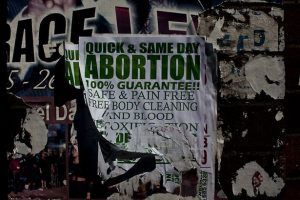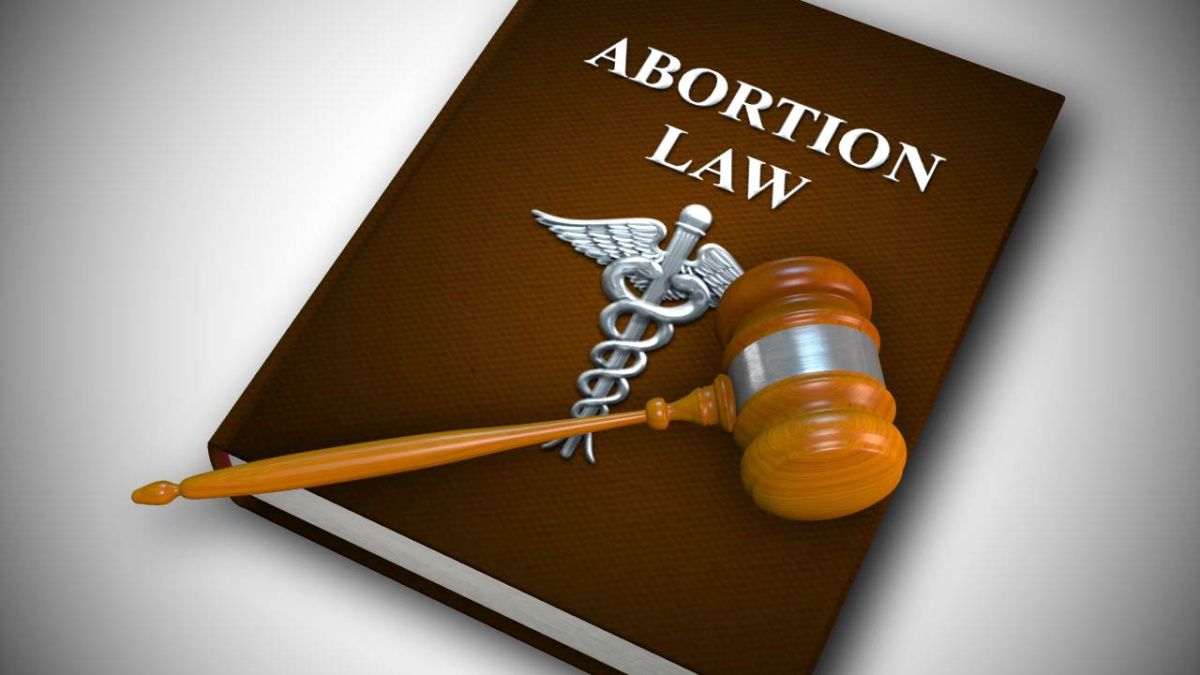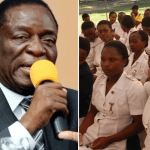 Abortions are only allowed in Zimbabwe if a woman’s life is in danger, if there is a risk that the child will be “seriously handicapped” or if the pregnancy was the result of rape or incest. Those who break the law can be jailed for five years.
Abortions are only allowed in Zimbabwe if a woman’s life is in danger, if there is a risk that the child will be “seriously handicapped” or if the pregnancy was the result of rape or incest. Those who break the law can be jailed for five years.
When her 15-year-old daughter fell pregnant last year, Irene Ndlovu secretly arranged for an abortion before the pregnancy became visible so that she could continue with her education.
“It was the only sensible thing to do at the time,” Ndlovu said.
Abortion is controversial in Zimbabwe, a largely Christian nation, where more than 70,000 women undergo unsafe terminations each year, risking death from hemorrhage, infection or shock, according to the healthcare provider Marie Stopes International.
Calls to amend the southern African country’s 1977 abortion law are mounting amid growing awareness of the large number of teenage girls dying from backstreet abortions, activists say.
According to the United Nations (U.N.), Zimbabwe’s maternal mortality rate of 443 deaths per 100,000 live births is triple that of neighboring South Africa, where abortion is legal.
Teenagers account for almost one in three of Zimbabwe’s abortion-related maternal deathsThe demand for abortion is fueled by the erosion of traditional cultural values as people migrate to towns and cities and increased need to limit family size, the U.N. says.
Although the law allows for abortion in cases such as rape, red tape makes it difficult for women and girls to receive the service in government facilities, said Jessie Majome, another female parliamentarian who favors legal reform.
If a pregnancy results from rape or incest, the law requires a magistrate to certify that the crime was reported to the police before allowing a woman to abort. In reality, police have to investigate the case and take it to court, campaigners say.
“I am concerned about the practical difficulty which often makes it impossible to access termination on legal grounds, especially for low-income victims,” said Majome.
“A comprehensive evaluation of the Termination of Pregnancy Act is required in order to save lives.”
Health workers say illegal abortions are easily available for those who can pay up to $500 in private clinics, as well as being advertised online and on city street signs.
“It makes sense to me to terminate the pregnancy of a 14- or 15-year-old. Is that child ready to have child?,” asked a doctor in Bulawayo who declined to give his name as he has performed illegal abortions.
“Parents come here all the time with such requests.”













